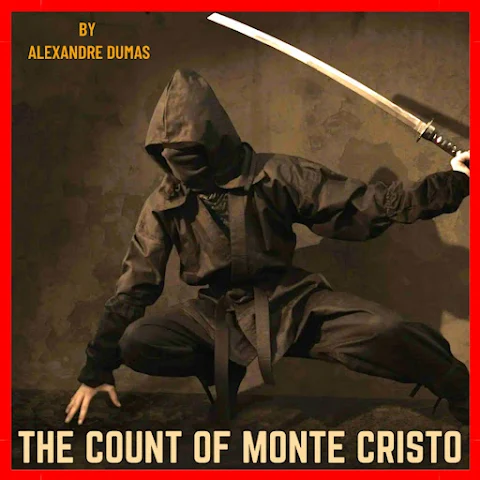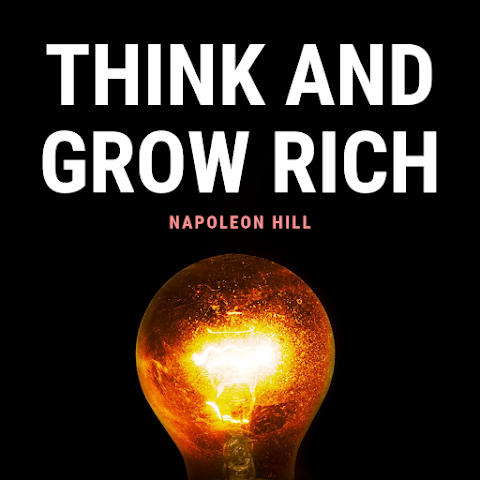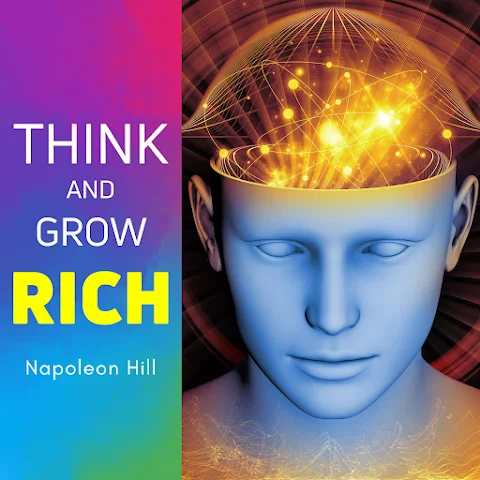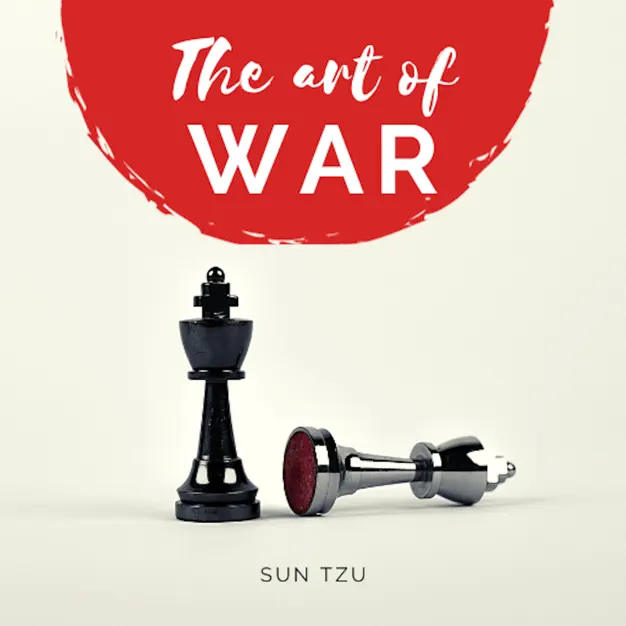Introduction
The Count of Monte Cristo presents one of literature's most complex moral landscapes, where traditional notions of right and wrong blur into shades of gray. Through its intricate plot and multifaceted characters, the novel explores fundamental questions about morality, justice, revenge, and redemption that continue to challenge readers' ethical assumptions. This comprehensive analysis delves into the moral and ethical dimensions that make Dumas' masterpiece a timeless study of human nature and moral philosophy.
Listen to the Moral Dilemma:
Listen on SpotifyHistorical and Philosophical Context
19th Century Moral Philosophy
The novel's ethical framework reflects various philosophical traditions prevalent in 19th-century France:
- Enlightenment rationalism and moral reasoning
- Romantic ideals of individual justice
- Catholic moral theology
- Emerging secular ethics
- Revolutionary concepts of social justice
Contemporary Ethical Debates
The novel engages with major ethical controversies of its time:
- Role of providence versus human agency
- Legitimacy of personal revenge
- Conflict between legal and moral justice
- Questions of moral responsibility
- Ethics of wealth and power
Philosophical Frameworks
Major Ethical Traditions
The novel intersects with various ethical frameworks:
- Kantian Deontological Ethics
- Categorical imperative and duty
- Universal moral laws
- Human dignity and autonomy
- Moral absolutes versus situational ethics
- Utilitarian Considerations
- Greatest good principle
- Consequences versus intentions
- Individual versus collective benefit
- Cost-benefit moral calculus
- Virtue Ethics
- Character development
- Moral excellence
- Role of habits and choices
- Balance and moderation
- Christian Ethics
- Divine justice and mercy
- Forgiveness and redemption
- Sin and punishment
- Providence and free will
"There is neither happiness nor misery in the world; there is only the comparison of one state with another, nothing more. He who has felt the deepest grief is best able to experience supreme happiness."
The Morality of Revenge
Philosophical Perspectives on Vengeance
The novel explores multiple theoretical approaches to revenge:
- Biblical Concepts
- "An eye for an eye" principle
- Divine justice versus human vengeance
- Role of forgiveness
- Spiritual consequences of revenge
- Social Contract Theory
- Individual rights versus social order
- Legitimate authority and justice
- Role of institutions
- Limits of personal justice
- Psychological Dimensions
- Emotional satisfaction
- Mental health implications
- Cycle of vengeance
- Personal transformation
The Count's Moral Journey
Dantès' transformation raises complex ethical questions:
- Initial Innocence
- Moral purity before imprisonment
- Faith in justice system
- Trust in human goodness
- Simple ethical framework
- Prison Transformation
- Loss of moral innocence
- Development of complex ethics
- Role of education and wisdom
- Influence of Abbé Faria
- As the Count
- Self-appointed agent of providence
- Sophisticated moral reasoning
- Calculated justice/vengeance
- Personal moral code
"I am the angel of retribution. My wounds have given me strength, my sorrows have made me invincible."
Justice and Legal Ethics
Forms of Justice
The novel contrasts different conceptions of justice:
- Legal Justice
- Institutional frameworks
- Procedural fairness
- Rule of law
- System limitations
- Divine Justice
- Providence and fate
- Moral order
- Ultimate judgment
- Spiritual consequences
- Personal Justice
- Individual rights
- Moral autonomy
- Personal vendetta
- Vigilante action
Moral Responsibility and Accountability
Individual Responsibility
The novel explores questions of personal moral accountability:
- Choice and Consequence
- Free will versus circumstance
- Moral agency
- Impact of decisions
- Ripple effects
- Intention and Outcome
- Moral motivation
- Unintended consequences
- Ethical foresight
- Responsibility for results
Collective Responsibility
Broader social and institutional accountability:
- Systemic Injustice
- Institutional corruption
- Social complicity
- Collective guilt
- Reform responsibility
- Cultural Values
- Societal norms
- Moral education
- Cultural ethics
- Collective conscience
The Ethics of Deception
Moral Complexity of Lies
The Count's use of deception raises ethical questions:
- Types of Deception
- Strategic manipulation
- Identity concealment
- Information control
- Psychological warfare
- Justification and Limits
- Ends versus means
- Necessity defense
- Moral boundaries
- Ethical constraints
Redemption and Moral Growth
Paths to Redemption
Characters follow different paths to moral redemption:
- Personal Transformation
- Self-awareness
- Moral evolution
- Character development
- Ethical maturity
- Atonement
- Recognition of wrong
- Acceptance of guilt
- Reparative actions
- Seeking forgiveness
"All human wisdom is contained in these two words - Wait and Hope."
Contemporary Ethical Relevance
Modern Applications
The novel's moral questions remain pertinent:
- Justice System Reform
- Institutional accountability
- Systemic bias
- Reform mechanisms
- Alternative justice
- Social Ethics
- Wealth inequality
- Power dynamics
- Social responsibility
- Moral leadership
- Personal Ethics
- Individual responsibility
- Moral choices
- Ethical development
- Personal integrity
Critical Analysis and Interpretation
Scholarly Perspectives
Academic interpretations of the novel's ethics:
- Philosophical Analysis
- Moral philosophy frameworks
- Ethical theory application
- Contemporary relevance
- Interpretative approaches
- Literary Criticism
- Narrative ethics
- Character analysis
- Thematic exploration
- Symbolic interpretation
Conclusion
The Count of Monte Cristo stands as a monumental exploration of moral philosophy and ethics, challenging readers to consider the complexities of justice, revenge, and redemption. Through its intricate plot and complex characters, the novel demonstrates that moral choices are rarely simple and that the pursuit of justice can often lead to unexpected ethical dilemmas. The enduring relevance of these moral questions makes the novel a valuable lens through which to examine contemporary ethical issues and personal moral development.
The novel's sophisticated treatment of ethics continues to provide insights into human nature, moral responsibility, and the complex relationship between justice and revenge. Its exploration of these themes through both personal and societal lenses offers valuable perspectives on eternal questions of right and wrong, good and evil, and the nature of moral truth.



